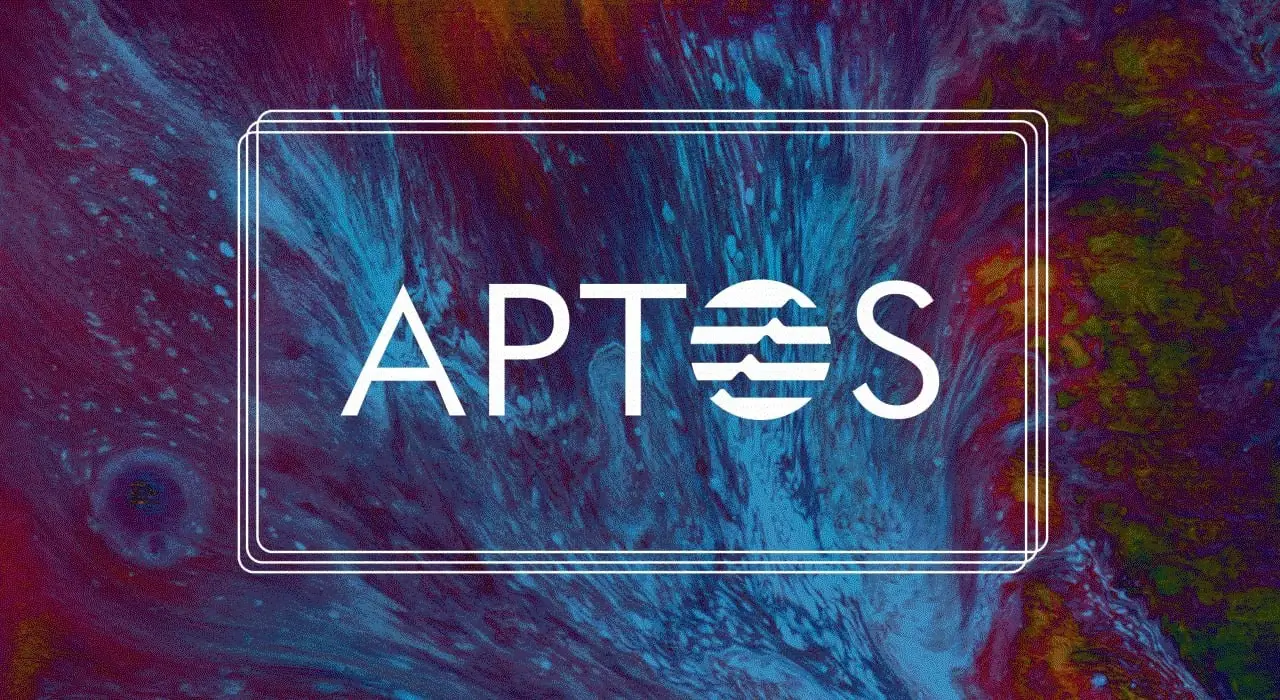What Happens When You Mix Web2 with Crypto? Aptos Has an Answer
06.05.2025 16:00 1 min. read Alexander Stefanov
Aptos is making waves in the crypto world by embracing a middle path between legacy web platforms and fully decentralized systems.
Rather than focusing exclusively on Web3 ideals, the network is thriving by supporting so-called “Web2.5” projects—apps that mix the familiar functionality of traditional tech with blockchain-powered features.
At the Token2049 conference in Dubai, Ash Pampati, who leads Aptos’ ecosystem development, shared insights into this strategy. He explained that platforms focused on consumer engagement—like fan loyalty programs and mass-distribution tools—are already seeing substantial revenue on Aptos.
The key, he noted, lies in providing a Web2-level user experience without completely abandoning Web3 values.
This hybrid approach is rooted in Aptos’ design philosophy, which draws from its Meta origins. The network’s developer tools are geared toward minimizing friction, helping builders reach broader audiences without needing users to fully understand or interact with complex crypto mechanics.
While this model is helping onboard new users, Pampati acknowledged that the crypto space still struggles with reaching the next major wave of adoption. He argued that recycling past trends like NFTs and memecoins won’t be enough. What’s needed, he said, is a genuine leap—something fresh that captures attention beyond the crypto-native crowd.
Encouraging founders to think beyond existing playbooks, Pampati emphasized that future growth will hinge on new ideas, not rehashes of the past.
-
1
Binance Founder Says Bloomberg’s USD1 Report is False, Threatens Lawsuit
13.07.2025 8:30 2 min. read -
2
Crypto Sector H1 2025 Roundup: Binance Report Shows Institutional Surge and Tech Growth
19.07.2025 11:00 2 min. read -
3
Binance CEO Issues Urgent Crypto Security Reminder
09.07.2025 17:30 2 min. read -
4
Top 7 Crypto Project Updates This Week
19.07.2025 18:15 3 min. read -
5
EU Risks Falling Behind in Digital Finance, Warns Former ECB Board Member
06.07.2025 13:00 2 min. read
Bank of Korea Launches New Division to Oversee Crypto and Stablecoin Developments
The Bank of Korea (BOK) has taken a significant step toward deepening its involvement in the digital asset ecosystem by establishing a dedicated virtual asset division, according to a report from local media outlet News1.
JPMorgan: Coinbase Could Gain $60B From USDC-Circle Ecosystem
A new report from JPMorgan is shedding light on the staggering upside potential of Coinbase’s partnership with Circle and its deep exposure to the USDC stablecoin.
5 Major US Events and How They Can Shape Crypto Market in The Next Days
The week ahead is shaping up to be one of the most pivotal for global markets in months. With five major U.S. economic events scheduled between July 30 and August 1, volatility is almost guaranteed—and the crypto market is bracing for impact.
eToro Launches 24/5 Stock Trading, Unlocking Round-the-clock Access to Top US Shares
Global fintech platform eToro has officially rolled out 24/5 trading on its 100 most popular U.S. stocks, giving users the ability to buy and sell equities at any time from Monday to Friday.
-
1
Binance Founder Says Bloomberg’s USD1 Report is False, Threatens Lawsuit
13.07.2025 8:30 2 min. read -
2
Crypto Sector H1 2025 Roundup: Binance Report Shows Institutional Surge and Tech Growth
19.07.2025 11:00 2 min. read -
3
Binance CEO Issues Urgent Crypto Security Reminder
09.07.2025 17:30 2 min. read -
4
Top 7 Crypto Project Updates This Week
19.07.2025 18:15 3 min. read -
5
EU Risks Falling Behind in Digital Finance, Warns Former ECB Board Member
06.07.2025 13:00 2 min. read


